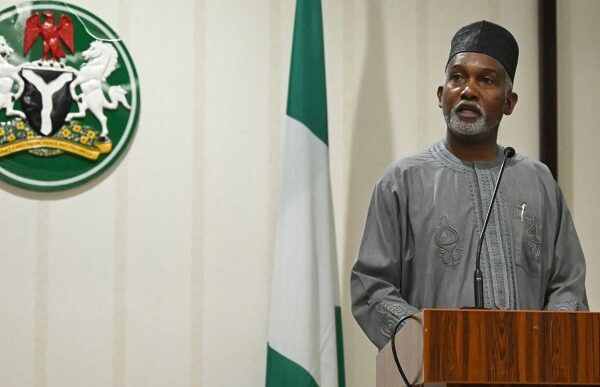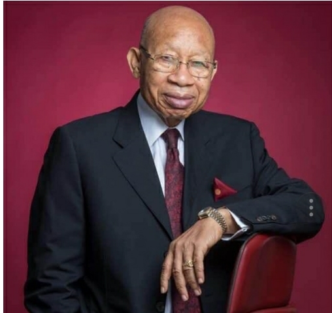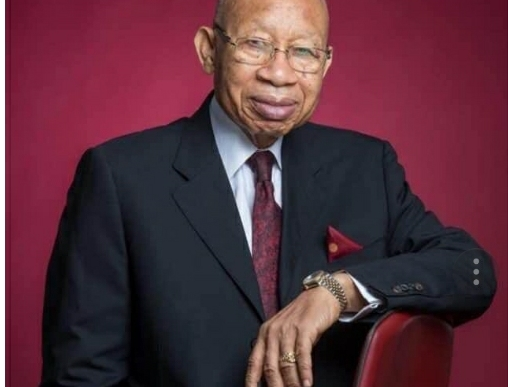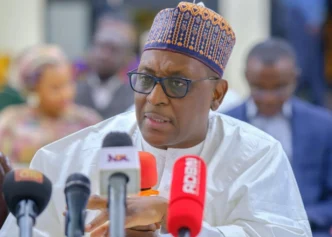In a significant step toward solving Nigeria’s healthcare problems, President Bola Ahmed Tinubu has approved the establishment of over 8,800 new Primary Healthcare Centres (PHCs) across the country.
The move, which falls under a broader Health Sector Renewal Investment Initiative, is aimed at bringing health services closer to Nigerians and improving access to emergency and critical care.
The announcement was made on Saturday by Vice President Kashim Shettima, during the commissioning of the Sulaiman Adebola Adegunwa Trauma Centre in Sagamu, Ogun State.
The trauma centre is part of a larger plan to upgrade existing tertiary health institutions and make them capable of handling trauma, cancer treatment, and infectious diseases.
This development is seen as a good beginning for Nigeria’s healthcare transformation.
It is expected that with these new health centres, life-saving services will now be more accessible to rural and urban dwellers alike.
“President Bola Ahmed Tinubu has approved a comprehensive Health Sector Renewal Investment Initiative, including the creation of over 8,800 new Primary Healthcare Centres across the country and the upgrade of existing tertiary institutions to handle trauma, oncology, and infectious disease control,” Shettima revealed.
According to Vice President Shettima, the trauma centre in Sagamu is not just a hospital wing; it is a symbol of hope.
The facility, built and donated by Chief Sulaiman Adebola Adegunwa and his family, reflects what he described as “a model of private sector contribution to public health.”
He stated, “This centre is more than a birthday gift; it is a gift to humanity. It is a lifeline a sanctuary where the wounded can find healing, and where families in despair can find hope.”
The vice president noted that trauma care has become an essential part of modern healthcare delivery.
Therefore, with increasing industrialisation, population growth, and road traffic accidents, access to emergency treatment is now more important than ever.
“In a nation facing rising urbanisation, motorisation, and industrial risks, trauma care is no longer optional it is essential,” he said.
“The government alone cannot shoulder this burden,” he stressed, urging private companies and wealthy individuals to step in and support healthcare development.

In addition, the Vice President said the initiative aligns with President Tinubu’s broader health reform agenda.
These reforms include expanding the National Health Insurance Scheme and launching a digital system to manage patient records and treatment outcomes.
Chairman of the Board of Management at the Olabisi Onabanjo University Teaching Hospital, Dr. Kunle Hassan, also spoke at the event.
He noted that the trauma centre would boost the hospital’s emergency response capacity and allow it to better serve the people.
Dr. Hassan assured that the facility would be well maintained and efficiently used.
He expressed deep appreciation to the Adegunwa family for what he described as a selfless act of giving back to society.
Meanwhile, community leaders and health professionals have praised the initiative.
They believe the spread of PHCs across Nigeria will help reduce the burden on major hospitals and bring quality healthcare closer to local communities.
The approval of the 8,800 new PHCs marks a fresh start in healthcare access and delivery in Nigeria.
The effort is expected to reduce delays in treatment, especially in hard-to-reach areas.
As Shettima urged, “Other philanthropists and corporate organizations must rise beyond personal achievement and invest in nation-building.”
This development signals hope, life-saving progress, and the beginning of a more inclusive healthcare system for all Nigerians.











